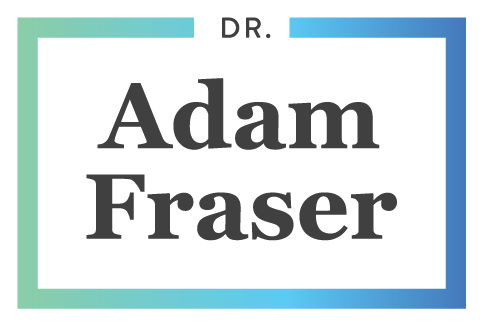Is my computer making me dumb?
Of late a lot of discussion in the media has been around the impact of web 2.0 networking sites like Facebook, Myspace and the newly introduced Twitter. This article explores how this technology effects our brain.
A recent article from the Guardian Newspaper on the 24 of Feb 09 quoted Susan Greenfield professor of synaptic pharmacology at Lincoln college, Oxford, as saying that Social networking sites like Facebook, Twitter and Bebo are "Rotting our Brains".
In a presentation to the House of Lords she was quoted as saying, "social networking sites are devoid of cohesive narrative and long-term significance. As a consequence, the mid-21st century mind might almost be infantilised, characterised by short attention spans, sensationalism, inability to empathise and a shaky sense of identity".
Before we go any further there is no hard science behind any of her claims as social networking sites have not been around long enough to measure their impact. However it is important to have the debate.
In particular the Prof was concerned about their impact on children. She says "If the young brain is exposed from the outset to a world of fast action and reaction, of instant new screen images flashing up with the press of a key, such rapid interchange might accustom the brain to operate over such timescales. Perhaps when in the real world such responses are not immediately forthcoming, we will see such behaviours and call them attention-deficit disorder. It might be helpful to investigate whether the near total submersion of our culture in screen technologies over the last decade might in some way be linked to the threefold increase over this period in prescriptions for methylphenidate, the drug prescribed for attention-deficit hyperactivity disorder.
Greenfield also warned there was a risk of loss of empathy as children read novels less. "Unlike the game to rescue the princess, where the goal is to feel rewarded, the aim of reading a book is, after all, to find out more about the princess herself."
Before we climb on her band wagon we have to make sure that we are not just falling into the "kids of today", style view of generational decline. When the clock was developed, society predicted that people would no longer enjoy the moment, the printing press was touted as making us all intellectually lazy, and finally the telephone was going to make us all anti-social. With any social change we often predict that everything is going to hell in a hand basket.
Having saying that networking sites don't get off the hook that easily and we need to be aware of some of their dangers.
Common concerns are:
1. Online experiences are superficial and do not lead to cognitive development.
2. Instant response and high accessibility will lead to poor attention spans and difficulty interacting with people face to face. Also they feed a preference for immediacy.
3. Reduced social intelligence through poor awareness of social cues, inability to read facial expressions and a lack of empathy for other people.
4. Long screen time is directly correlated with obesity and metabolic disease in both adults and children.
Even though these concerns seem to make logical sense it is only point 4 that has some hard research behind it. Having said that previous research has proven that days of constant interruption and distractions leads to poor attention control and focus. Therefore the big question is, am I using these sites as a tool or are they running my life.
So what is the verdict? Well if we want hard facts the only thing is we can say is watch this space, to see what new research comes up with.
However intuitively we need to be discerning about how much time we spend on these. Social networking sites can be great to develop relationships and they can even be used as a business tool. But they can also take over and reduce our productivity.
Are you a Twit?
A new player in the market is Twitter (Twitter.com). Twitters tag line is "What are you doing?". In a nut shell you update your profile (under 140 characters) so that people can find out what you are doing at any moment, from "Mowing the lawn" to "Having coffee".
The number of people using Twitter is growing at 1,382 percent.
The question is do people really need that information?
Milwaukee Bucks (basketball) forward Charlie Villanueva got a severe talking-to from his coach when he learned that Villanueva posted a message to his Twitter feed — a "tweet" — from his mobile phone during halftime while he was playing Boston.
Some celebrities are using it too, you can find out what Brittany Spears is doing with her time, Mmmm maybe not the best choice, as well as Hiliary Clinton and Barack Obama.
Last week I was talking to one Twitter user (do we refer to them as Twits?) who said that he gets a reminder every 15 minutes to update his profile. He also went on to say that he was currently following 143 people and receiving their updates.
Is Twitter keeping us connected or is it unnecessarily distracting us?
With any tool we have to be discerning about the impact they have on our lives and are they adding to our quality of life or diminishing it.
